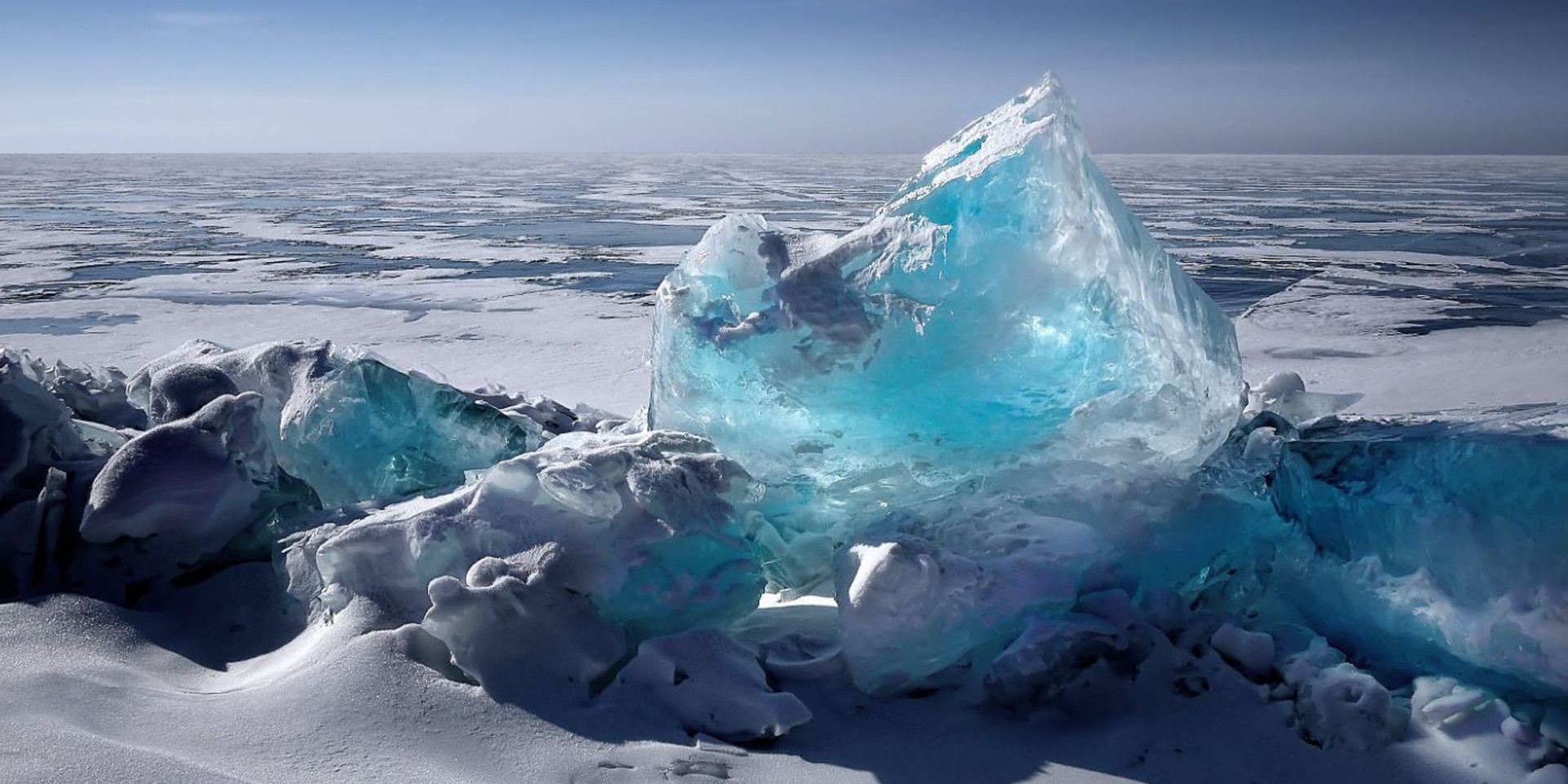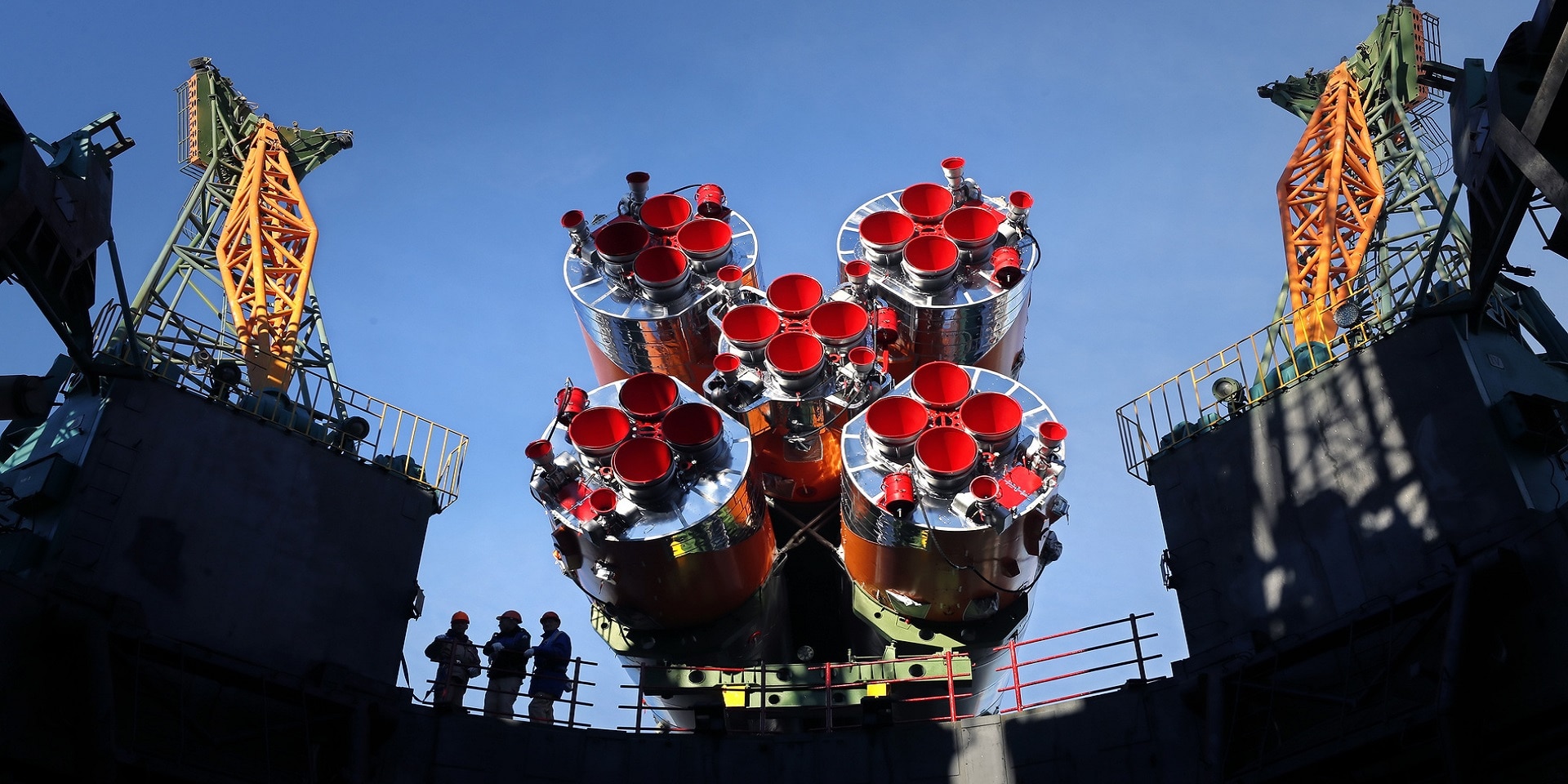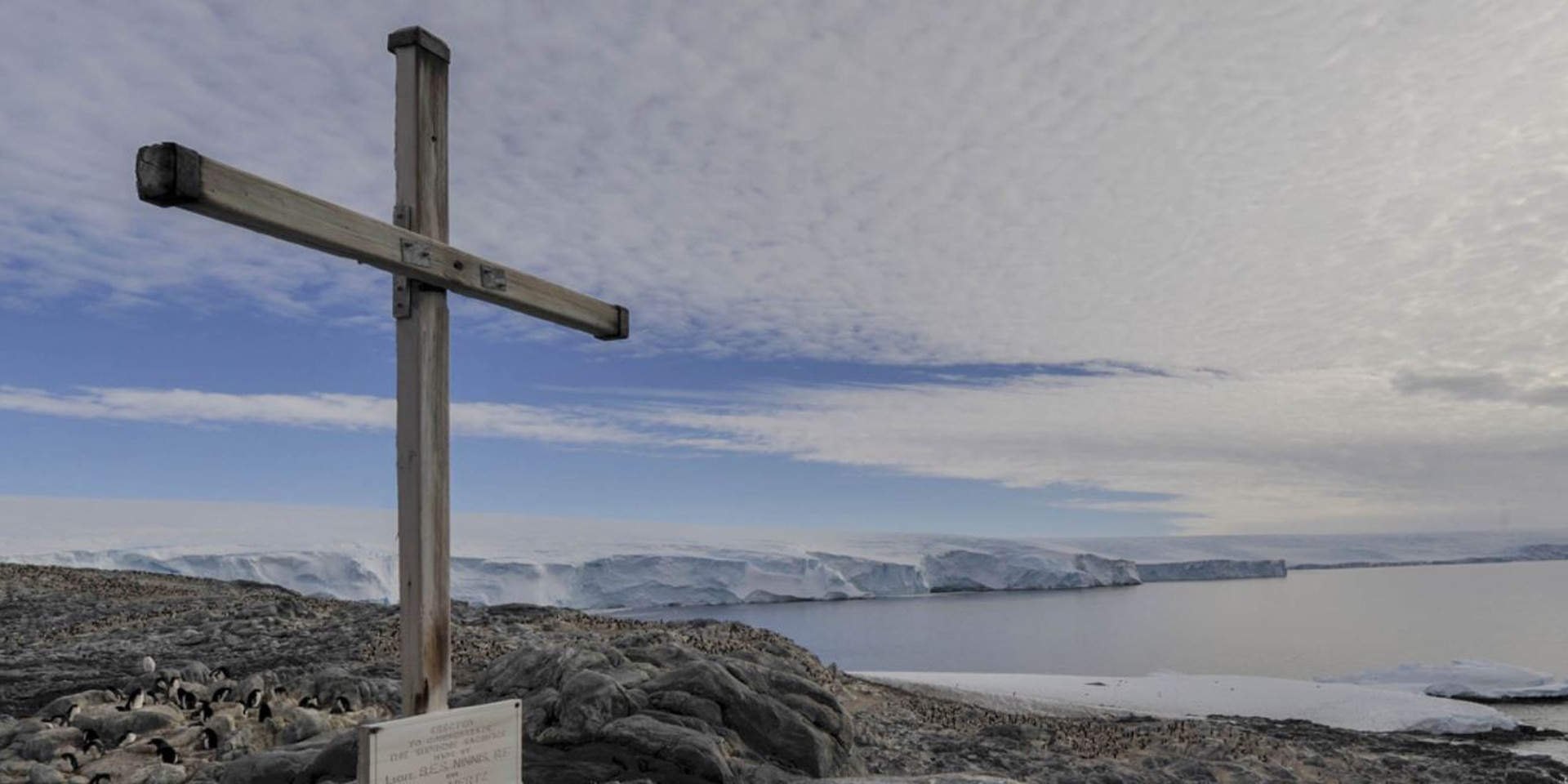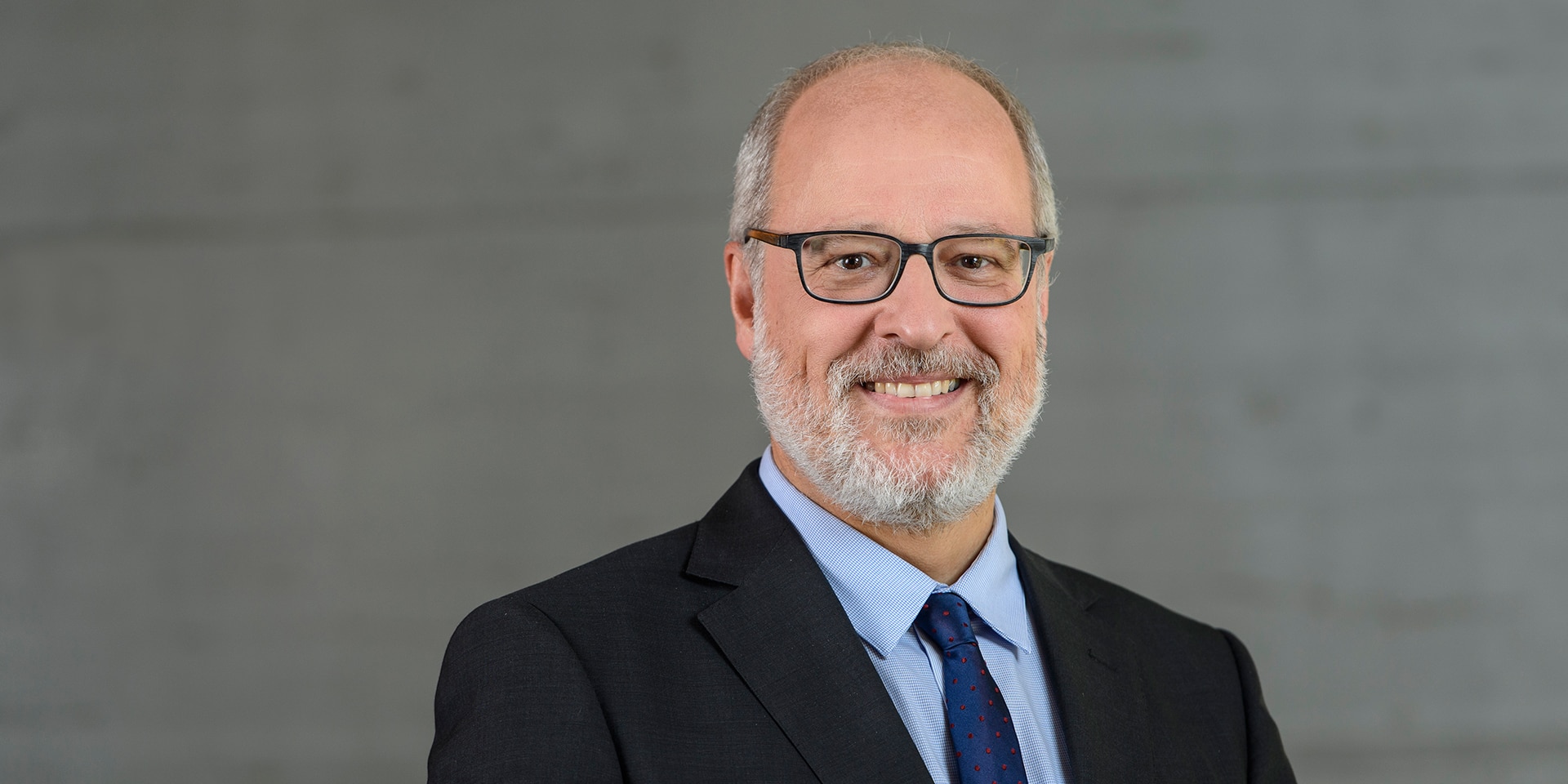An ice, snow and climate pavilion
The Climate Change Conference in Glasgow includes a pavilion devoted to Earth's frozen surfaces. This initiative is backed by Switzerland, whose world-renowned scientific expertise in the cryosphere may help to advance the climate negotiations. Part of the pavilion will feature virtually in Geneva.

Field of sea ice. © Pexels – Simon Berger
The pavilion is ice blue in colour. At the entrance, the words ‘Cryosphere Pavilion’ stand out on a logo that looks like a frosted block of ice. Could it be an ice floe, a glacier or part of a frozen river? The answer is provided inside. The pavilion focuses on what scientists call the cryosphere: that part of the Earth's surface – from Chile to Switzerland, and from Greenland to the expanse of Antarctica – where water exists in solid form as snow or ice.
We're in Glasgow, where the 26th Climate Change Conference (COP26) has just begun. This international conference on global warming, hosted by the United Nations, is being attended by 196 countries – including Switzerland, of course – and several thousand NGOs.
A pavilion designed to support the negotiations
The main objective of COP26 is to limit global warming to 1.5 degrees and find ways of mitigating and adapting to the impacts of a changing climate.
The aim of the Glasgow pavilion – and the reason Switzerland is supporting it as the main partner – is to highlight the key role played by the cryosphere and to further the global negotiations on the urgent issue of climate change.
Implementing the 2030 Agenda and protecting the environment and the climate worldwide are crucially important to Switzerland's Federal Council and lie at the core of Switzerland's foreign policy strategy.
Stefan Ruchti, who heads the Environment, Energy and Health Section at the Swiss Federal Department of Foreign Affairs (FDFA), explains how the pavilion could boost the negotiations: "It's important for all countries to understand that what affects the cryosphere – and by that I mean the rise in global temperatures – also has an impact on the entire planet, because the loss of ice, snow and permafrost will have major repercussions. Awareness is growing, but we are a long way from convincing people to take action."
Swiss expertise in glacial regions
Depending on the season, between 7% and 17% of the Earth's surface consists of ice or snow, and ice currently covers 2.3% of Switzerland. Yet the cryosphere is extremely fragile: it reacts to the slightest change in temperature, with repercussions for the global climate. If it's protected, it can regulate the climate.
"Switzerland's scientific expertise and international renown in the study of the cryosphere are built on its history as an Alpine country and its strength of innovation", says Grégoire Hauser, who is responsible for polar issues in the FDFA's Science, Transport and Space Section. "The initiative to support the pavilion draws on our country's groundbreaking technologies, research excellence and scientific diplomacy."
In addition to providing the delegates and officials with scientific findings, the pavilion has put together an extensive programme of talks and discussions, with topics grouped by day. Switzerland is a partner in the pavilion, alongside Chile and the Nordic Council of Ministers. The International Cryosphere Climate Initiative (ICCI) is coordinating this joint initiative.
Geneva, the hidden part of the pavilion
Like the submerged portion of an iceberg, part of the pavilion is in Geneva. The Geneva Cryosphere Hub is designed to raise awareness about ice caps, polar and mountain glaciers, snowpack and permafrost.
The hub, set up by the University of Geneva with the support of the Swiss Confederation, promotes the country's expertise within Switzerland and serves as a link between stakeholders in International Geneva.
It is also live-streaming various events taking place in Glasgow, so that people who cannot or prefer not to travel can still attend.
This is an interdepartmental project of the Swiss Confederation involving various federal entities – the Federal Office for the Environment (FOEN), the Federal Department of Economic Affairs, Education and Research (EAER), the Federal Office of Meteorology and Climatology (MeteoSwiss) and the Federal Department of Foreign Affairs (FDFA) – along with Switzerland's scientific and academic community.
Switzerland has ratified the Paris Climate Accords and the Sustainable Development Goals set out in the UN's 2030 Agenda. It has a responsibility to work for the protection of the environment and the climate.
Links
- President Parmelin, Federal Councillor Sommaruga and Federal Councillor Maurer at the UN Climate Change Conference COP26, press release, 26 October 2021, Federal Department of Economic Affairs, Education and Research
- Pavillon cryosphère, ICCI
- Geneva Cryosphere Hub
- COP26, UN
- 2030 Agenda for Sustainable Development, FDFA
- Foreign Policy Strategy 2020–23, FDFA



